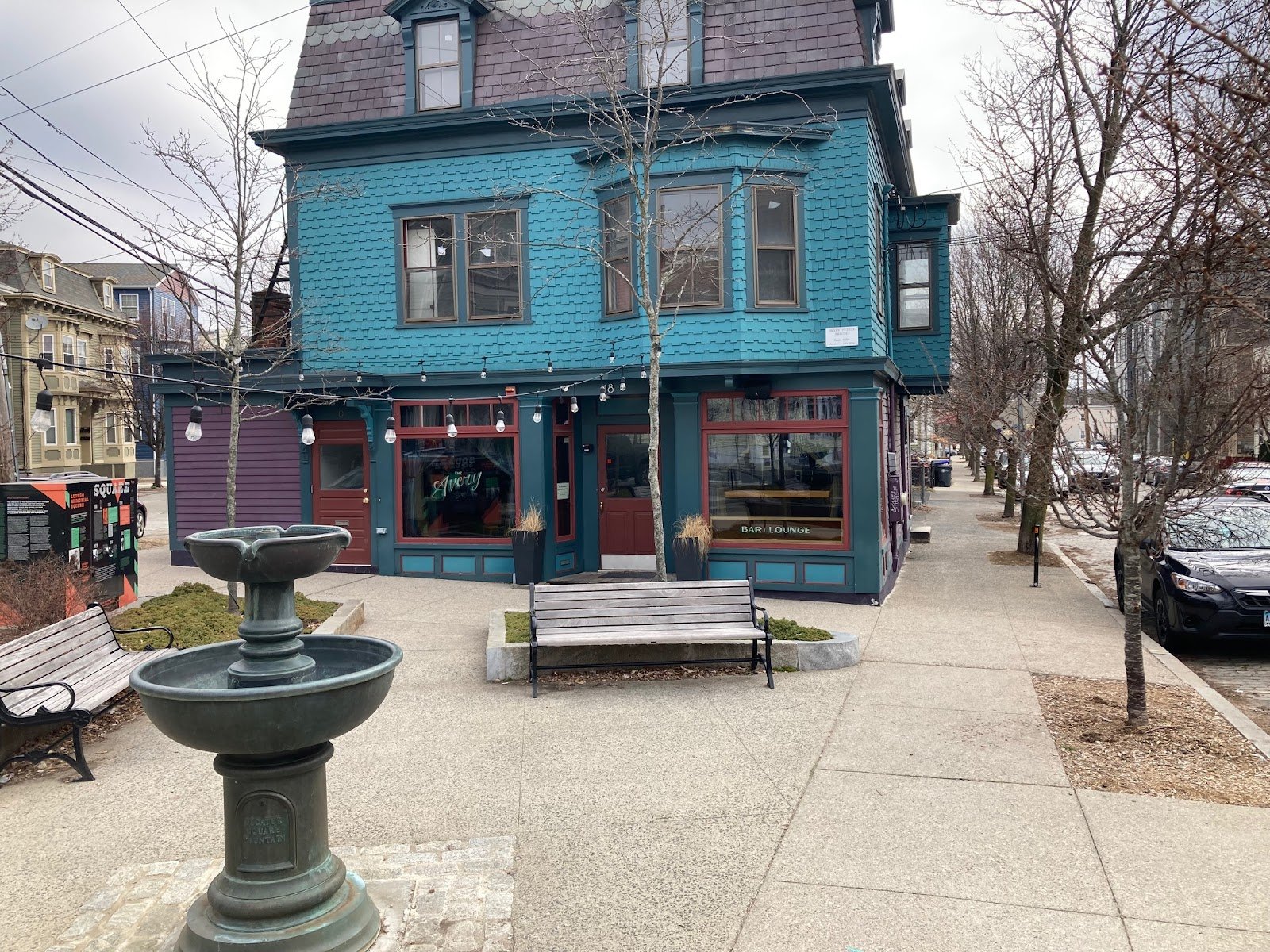
Business Mixed-Use Zoning: A Strategy for Urban Development

Revitalizing Urban Spaces: The Power of Business Mixed-Use Zoning
In the realm of urban development, the concept of mixed-use zoning has emerged as a powerful strategy to create dynamic and vibrant city spaces. Business Mixed-Use Zoning, in particular, is reshaping the urban landscape by integrating commercial, residential, and recreational spaces within a designated area.
Breaking Down Business Mixed-Use Zoning
At its core, Business Mixed-Use Zoning refers to a planning strategy that allows for the coexistence of various land uses within a specific zone. This includes a blend of commercial, residential, and sometimes industrial spaces, fostering a more diverse and sustainable urban environment. The intentional mix of functions aims to create a more walkable, interconnected community.
Business Mixed-Use Zoning: A Catalyst for Economic Growth
The integration of commercial spaces within mixed-use zones is a key driver of economic growth. Businesses thrive in these environments due to increased foot traffic and a diverse customer base. Entrepreneurs benefit from the proximity of both residents and other businesses, creating a synergistic ecosystem that supports local economies.
Residential Harmony in Mixed-Use Zones
One of the significant advantages of Business Mixed-Use Zoning is the creation of residential spaces within the same zone. Residents enjoy the convenience of having shops, restaurants, and amenities within walking distance, contributing to a higher quality of life. The mix of residential and commercial spaces fosters a sense of community and connectivity.
Business Mixed-Use Zoning: Fostering Innovation and Creativity
Mixed-use zones often become hotbeds of innovation and creativity. The close proximity of residential, commercial, and recreational spaces encourages collaboration and cross-pollination of ideas. Creative businesses, startups, and artists find these areas conducive to their work, contributing to a thriving cultural scene.
Adaptive Spaces for Changing Needs
One of the strengths of Business Mixed-Use Zoning lies in its adaptability to changing societal needs. The flexibility of these zones allows for adjustments over time. As demographics, market trends, and community preferences evolve, mixed-use zones can transform to accommodate shifting demands, ensuring long-term relevance and sustainability.
Business Mixed-Use Zoning: A Link to Urban Sustainability
Explore the intersection of urban planning and sustainability with Business Mixed-Use Zoning. This innovative approach not only enhances economic vitality but also contributes to environmentally conscious and socially sustainable urban development. Discover how mixed-use zoning is shaping the future of our cities.
Community Engagement and Social Interaction
Mixed-use zones foster a sense of community and social interaction. The diverse array of activities attracts people from various walks of life, creating a vibrant and inclusive community. Public spaces within these zones, such as parks and gathering areas, become focal points for socializing and community events.
Challenges and Considerations in Implementation
While Business Mixed-Use Zoning offers numerous benefits, it comes with challenges. Striking the right balance between commercial and residential spaces, managing traffic flow, and addressing concerns about density are crucial aspects of successful implementation. Careful planning and community engagement are essential to navigating these challenges.
A Blueprint for Future Urban Development
As cities continue to evolve, Business Mixed-Use Zoning emerges as a blueprint for future urban development. The intentional integration of diverse functions within a compact area not only maximizes land efficiency but also creates dynamic, livable spaces. The success of mixed-use zones lies in their ability to blend commerce, residence, and recreation seamlessly, redefining the way we experience and interact with urban environments.
Embracing the Future: Business Mixed-Use Zoning in Urban Development
In conclusion, Business Mixed-Use Zoning stands as a transformative force in urban development, offering a holistic and sustainable approach to shaping our cities. The intentional blending of business and residential spaces fosters economic vitality, community engagement, and innovation. As urban planners and communities increasingly recognize the value of mixed-use zoning, we can expect it to play a pivotal role in creating the cities of the future.



